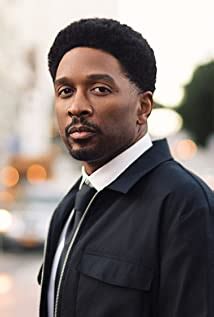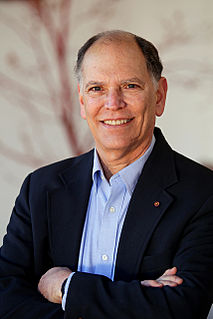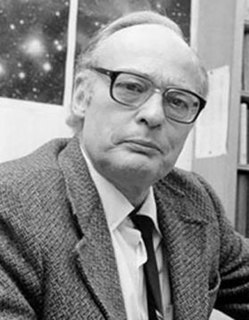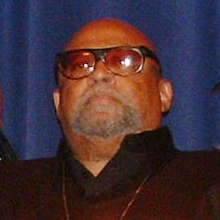A Quote by Joe Robert Cole
I write characters focusing on them as human beings, and then you wrap them within a culture. So I think I can connect with him as a person with brown skin who's viewed differently by the world. In terms of his culture, we're thinking about where we are locating Wakanda within the continent, and what the people and history of that region are like. It's a process of investigation to help inform the story at this point. But we are going to be engaged with consultants who are experts on the continent and on African history and politics.
Quote Topics
About
African
Beings
Brown
Brown Skin
Characters
Connect
Consultants
Continent
Culture
Differently
Engaged
Experts
Focusing
Going
Help
Him
His
History
Human
Human Being
Human Beings
Inform
Investigation
Like
People
Person
Point
Politics
Process
Region
Skin
Story
Terms
Them
Then
Think
Thinking
Viewed
Within
World
Wrap
Write
Related Quotes
The continent is incredibly exciting. When I first went there, it consumed me, and I instantly felt like I wanted to be engaged one way or the other, whether on a philanthropic level or business. I'm lucky to say today that I do both. In terms of African Wildlife Foundation, I started working with them roughly around 2009, on the ambassador level. Then I joined the board and was exposed to deeper issues that the Foundation was combating on the continent.
Africa is one continent, one people, and one nation. The notion that in order to have a nation it is necessary for there to be a common language, a common territory and common culture has failed to stand the test of time or the scrutiny of scientific definition of objective reality... The community of economic life is the major feature within a nation, and it is the economy which holds together the people living in a territory. It is on this basis that the new Africans recognise themselves as potentially one nation, whose dominion is the entire African continent.
If Mother Culture were to give an account of human history using these terms, it would go something like this: ' The Leavers were chapter one of human history -- a long and uneventful chapter. Their chapter of human history ended about ten thousand years ago with the birth of agriculture in the Near East. This event marked the beginning of chapter two, the chapter of the Takers. It's true there are still Leavers living in the world, but these are anachronisms, fossils -- people living in the past, people who just don't realize that their chapter of human history is over. '
Someone once told me a story about long term relationships. To think of them as a continent to explore. I could spend a lifetime backpacking through Africa, and I would still never know all there is to know about that continent. To stay the course, to stay intentional, to stay curious and connected - that's the heart of it. But it's so easy to lose track of the trail, to get tired, to want to give up, or to want a new adventure. It can be so easy to lose sight of the goodness and mystery within the person sitting right in front of you.
What moved us was not so much what would it do for South Africa, but there has been a great keenness on the Continent that the location of the Pan African Parliament must add to its credibility. And, so we said, fine, it's a contribution to this process of the democratisation of the African Continent.
The word of God is definitely above culture, in terms of what or who should have authority in our lives. However, we must remember that we are within culture, and our calling in Christ is to play our part in the redemption and transformation of individuals and cultures. I believe the recent history of the religious subculture teaches all too clearly that unless we are moving forward in seeking the genuine transformation of culture, then we are standing still and it is transforming us.
Human beings of all societies in all periods of history believe that their ideas on the nature of the real world are the most secure, and that their ideas on religion, ethics and justice are the most enlightened. Like us, they think that final knowledge is at last within reach. Like us, they pity the people in earlier ages for not knowing the true facts. Unfailingly, human beings pity their ancestors for being so ignorant and forget that their descendants will pity them for the same reason.
What I think about when I frequent the Museum of Natural History, the Metropolitan [Museum of Art], and I look at these artifacts that are taken out of context and how we're forced to view them as objects, as relics, as sculpture- static. But what's interesting is what it allows me to do in my head in terms of imagining what the possibilities are or imagining the role in which they played within a particular culture which I'm fascinated by.
In most places and times in human history, babies have had not just one person but lots of people around who were really paying attention to them around, dedicated to them, cared to them, were related to them. I think the big shift in our culture is the isolation in which many children are growing up.
The [Kwanzaa] holiday, then will of necessity, be engaged as an ancient and living cultural tradition which reflects the best of African thought and practice in its reaffirmation of the dignity of the human person in community and culture, the well-being of family and community, the integrity of the environment and our kinship with it, and the rich resource and meaning of a people's culture.

































